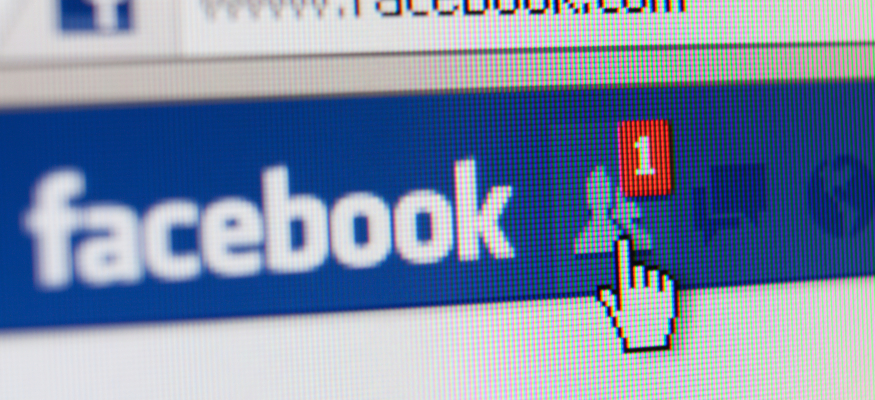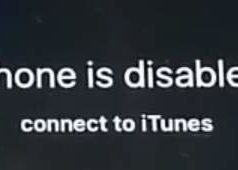It is a fact that many people spend more time on Facebook than ever before. Just this year, Facebook has recorded 2 billion monthly active users making it the most used social media platform.
However, along with the increase of it users comes the proliferation of wrong-doers who wish to make quick money through scams and fraud. Surprisingly, these scams may be disguised in innocent quizzes or post shares.
You might even be often participating on these scams unknowingly or spreading it to your friends and loved ones. Check out the list of the most common scams you’ll encounter on Facebook.
1. A friend adding you on a “second account”

Have you received a friend request from someone who is already on your friend’s list? Sure, it could be that your friend lost access to his or her old account, or maybe he or she just wants to start a new one. However, this modus is used by scammers into tricking other people. How? Scammers use these fake profiles to send a malicious link that could infect your computer. Before clicking accept, verify from your friend that they indeed sent you a friend request and it is really his or her account. Likewise, to avoid being the victim of posers, make your photos and information of Facebook private.
2. Taking Online Quizzes / Personality Tests

It just seems really fun, and you really need to know when you will be married or who has a secret crush on you by taking these online quizzes. Although they seem harmless, some of these quizzes or tests can be collecting your information which can compromise your account. To avoid this, only take quizzes on verified pages. Likewise, you also have the option to choose what information the quiz or website can obtain from you when you use your Facebook account to log into it.
3. Giveaways and Raffle Contest

That free iPhone or brand new car sounds truly tempting. All you needed to do is to comment, follow and share their page. You won’t lose anything from that, right? Plus, you have the chance to win amazing prizes. Wrong! By sharing these posts, you are actually adding fuel to the scam. These scammers may ask money from other people telling them they won, or even send malicious links for sign-up to steal financial information. It is important to note that some companies and pages really do promos and raffle contests to promote their brand. Again, it is better to be more skeptical and verify their validity.
4. A friend ‘in trouble’ and needing ‘help’

One day, you might receive a strange request from one of your friends saying he or she ended up in a dire situation somewhere around the world with not a penny on hand. The scammer would then ask you to send some money. If that someone is a really close friend or relative, you might find yourself panicking and not thinking straight. Soon as you receive these kinds of messages, find a way to contact your friend through phone or other means to verify it.
5. Requests for donations / Fund Raising
Through Facebook, it has become easy for people to crowdsource funds for a charity or cause. Although many pages or posts legitimately help victims or benefactors, some may actually be preying on generous spirits. When donating something especially money, make it a point to do some research or background check.
6. ‘Fake News’ about yourself
What would your initial reaction be if you found out that a scandal of yours has spread online? Most would probably panic and not think straight. Some scammers rely on this reaction to execute their plan. The MO goes like this; a message would be sent to you by a friend or a stranger with captions such as “I can’t believe you did this video!” or “I found out what they are saying about you!” and an outbound link that would contain a malware. Avoid clicking suspicious links!
Surprisingly, many still fall for these scams over and over again. Share this post to your friends and loved ones to make them aware of these hustles.
READ NEXT: Here’s How to Make Your Facebook Account More Secured



















